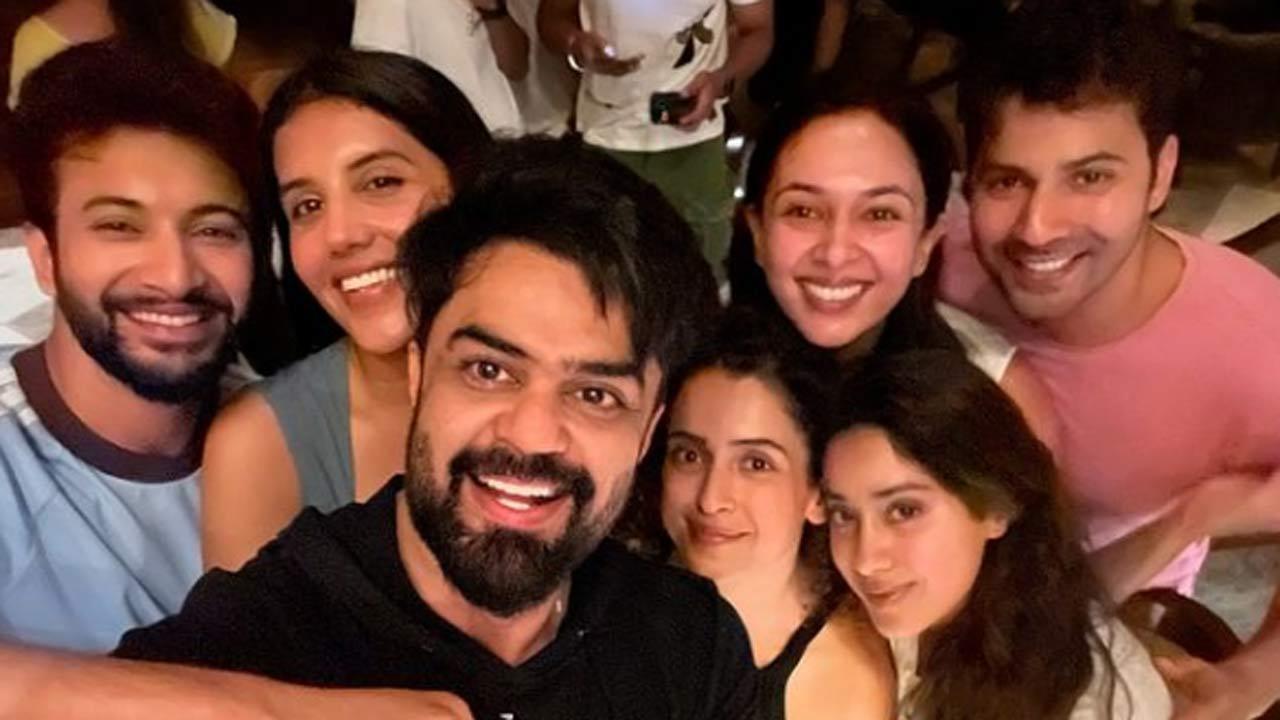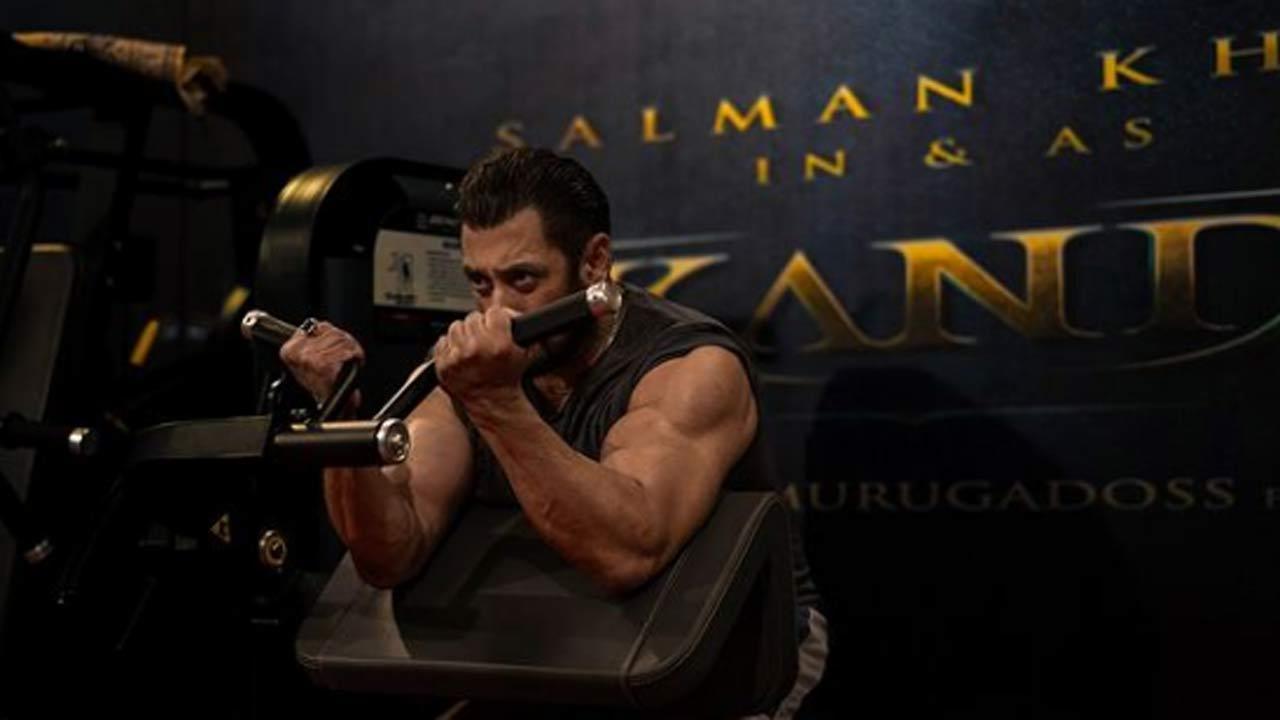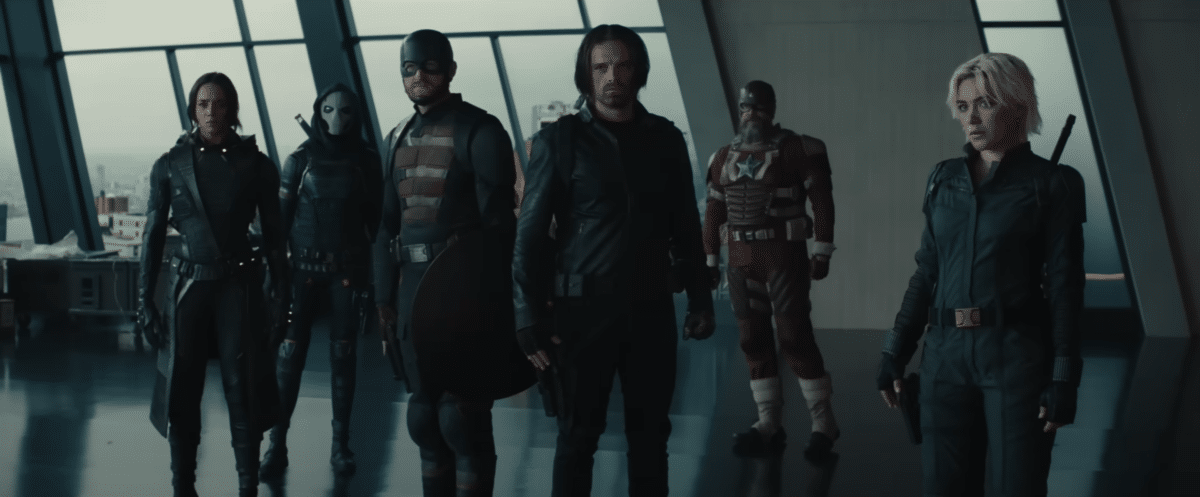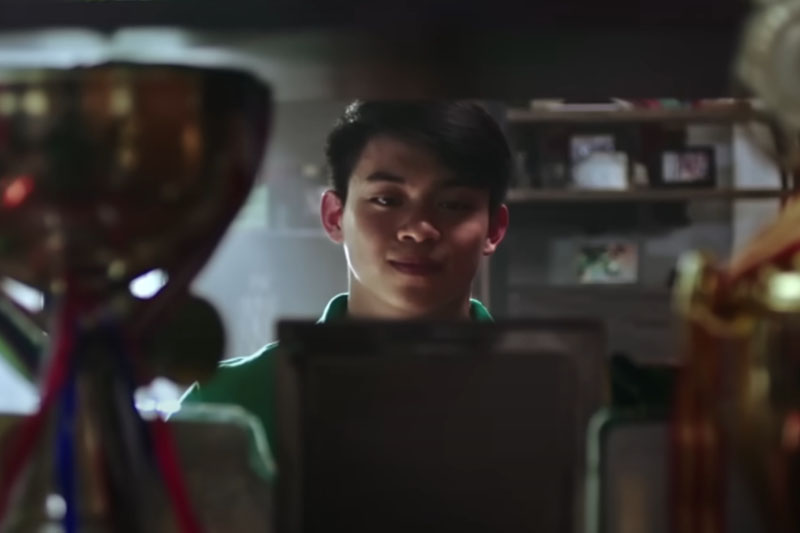One of the best dark comedies to come out of Britain in the history of cinema finally debuts in the 4K disc format for American audiences to appreciate some memorable performances by iconic actors in . Director Alexander Mackendrick’s 1955 film interprets William Rose’s original screenplay to introduce bird-loving and meddling elderly boarding house owner Louisa Wilberforce (Katie Johnson) who accepts new borders, a Nosferatu-like Professor Marcus and his supposed peaceful, classical musician friends. She has actually unwittingly allowed a quintet of criminals to stay as they plot and execute a complex security van robbery by London King’s Cross railway station and intend on using her to help pull off the dirty deed to even her own possible demise.
That’s more than enough exposition to allow thespian maestros including Sir Alec Guinness as Marcus, Herbert Lom as gangster Louis Harvey, Danny Green as the dimwitted muscle “One-Round” Lawson and Peter Sellers as the refined cockney Teddy boy Harry Robinson to pull of some diabolically hilarious acting chops and homicidal slapstick. Amateur film historians should note that it was Sellers’ first major film role and that he would go on to star with Lom in “The Pink Panther” movie series. Kino Lorber presents StudioCanal’s 2020 immaculate restoration of the Technicolor masterpiece, highlighting rich saturated colors as expected for the original film format.

By the way, “The Ladykillers” was the last Technicolor three-strip movie filmed in the U.K. Examples of hue explosions include Louie’s purple pin-striped suit with bright white tie, a bright blue security van, piercing red locomotive, a bright green parrot, and a wet and shiny police officer’s black coat.
Also impressive is the clarity afforded to meticulously create a perfect visual presentation devoid of any scratches, specks or blemishes that I am sure looks absolutely better than its original theatrical release. In addition to a new optional commentary track, Kino Lorber includes a Blu-ray disc offering a restored high definition version of the film as well as most of the bonus goodies from StudioCanal’s 2010 Blu-ray release. Let’s start with a look at the pair of optional commentary tracks.
The latest (on the 4K and Blu-ray discs) features a team-up of film historians David Del Valle and Dan Marino (the son of the iconic NFL quarterback). Both participants revel in hearing themselves talk while dissecting the descending gloom of the film production, near splitting the discussion and reacting to events on the screen often. They talk nonstop about the character-driven ensemble cast, the crystalizing of the vision of Britain by a non-Brit director, exploring the film’s German Expressionism, the acting styles and explaining playwright Ben Jonson’s comedies of humor as it pertains to “The Ladykillers.
” The second and vintage track stars British film historian Philip Kemp, who sounds like he is reading from a book that he wrote about the history of the movie, and it arrives packed with information mixing in quotes from cast and crew, anecdotes and on-set stories covering technical and production details. He does not follow the onscreen action initially, but about an hour into the film, he oddly shifts to screen-specific commentary, apparently so out of mental gas that he even asks listeners to just enjoy the dialogue in some scenes. The legacy extras are led by a 50-minute documentary, originally run on England’s Channel 4 Television and narrated by actor Daniel Day-Lewis, covering the more than 100-year legacy of Ealing Studios, home of “The Ladykillers.
” Big gun directors John Landis, Martin Scorsese and Terry Gilliam succinctly first offer comments claiming Ealing’s roster of films as inspiration. The segment then touches on the studio’s World War II films, comedies and horror dramas including “The Goose Steps Out” (1942), “The Lavender Hill Mob” (1951), “Kid Hearts and Coronets” (1949) and the more recent “Shaun of the Dead” (2004) and “The Theory of Everything” (2014). The documentary also offers interviews with some of the original actors and crew such as cinematographer Douglas Slocombe as they comment on enjoying the family atmosphere of the studio over the years.
Next, and noteworthy, are three raw interviews (roughly 30 minutes) discussing the director and his legacy with producer Allan Scott, screenwriter Ronald Harwood and director Terence Davies, the latter two having worked with Mackendrick as they explore his influences on their careers, interactions and his techniques and often friendships. Finally, and a great inclusion, is also a 1.66:1 aspect ratio version of the film offering thinner black lines on the sides of the screen.
Copyright © 2024 The Washington Times, LLC. . Click to Read More and View Comments Click to Hide.




















